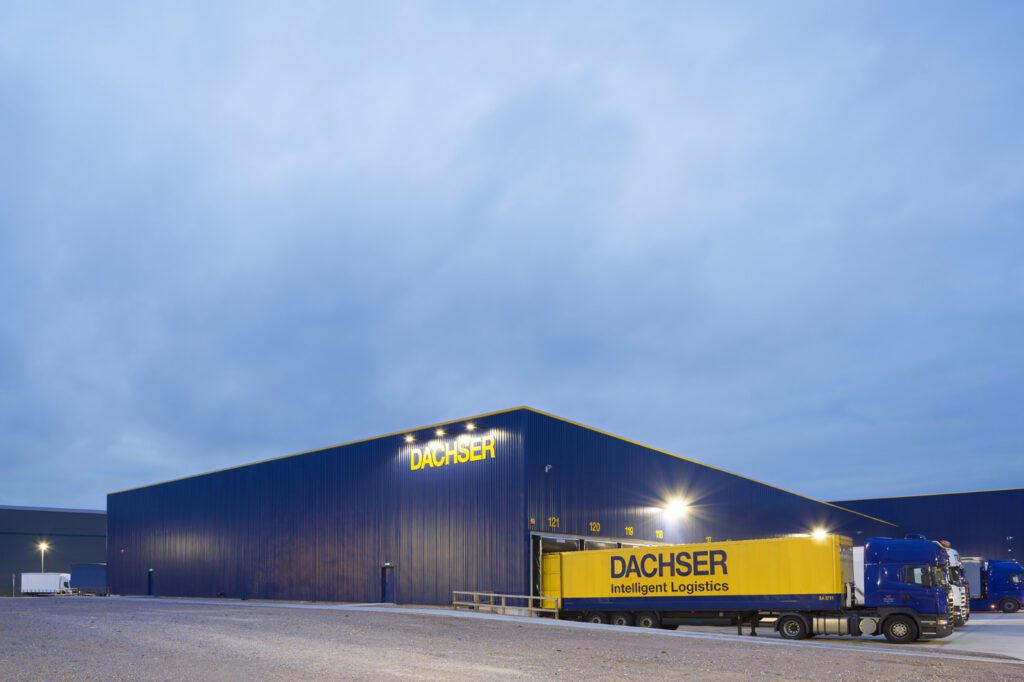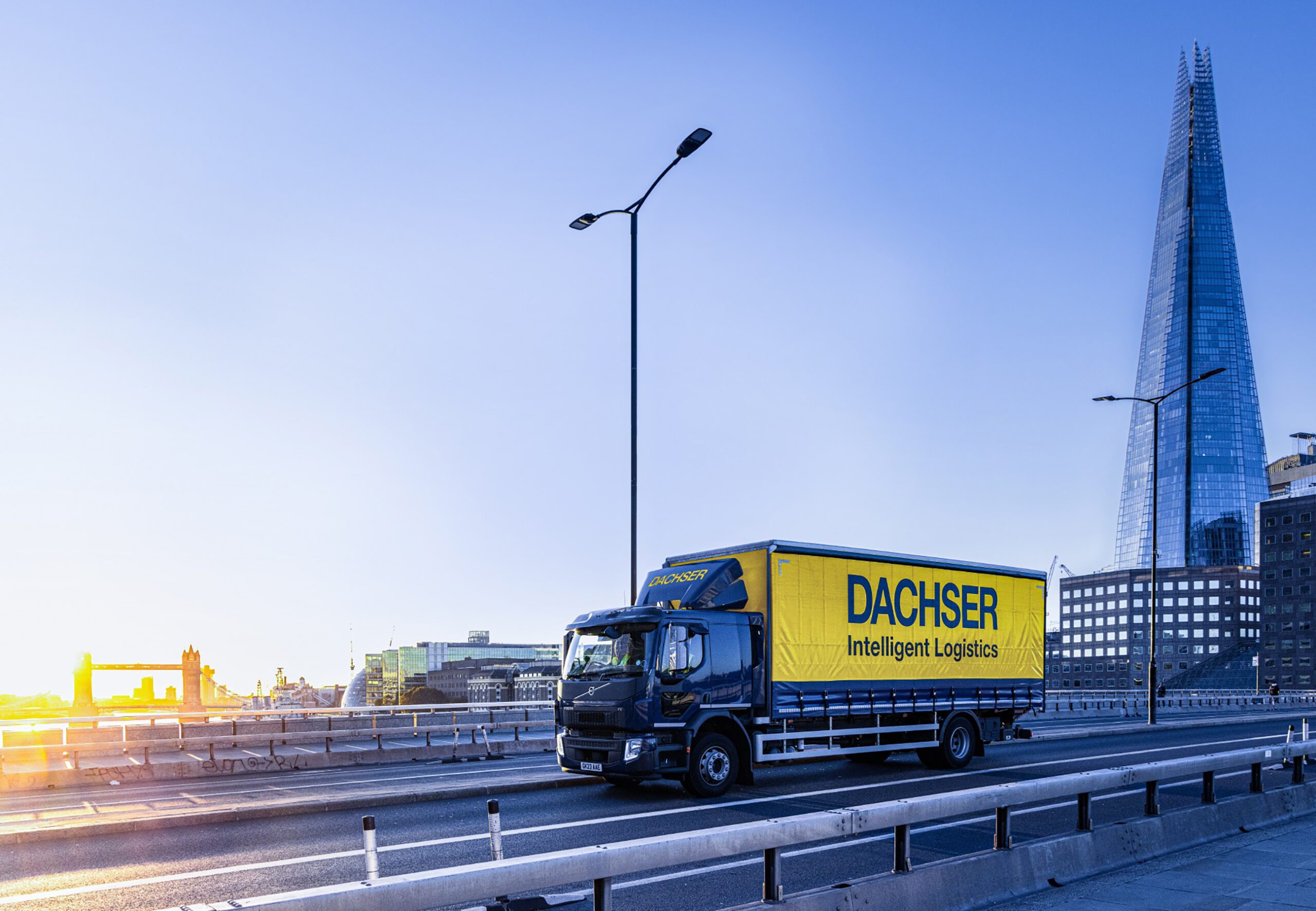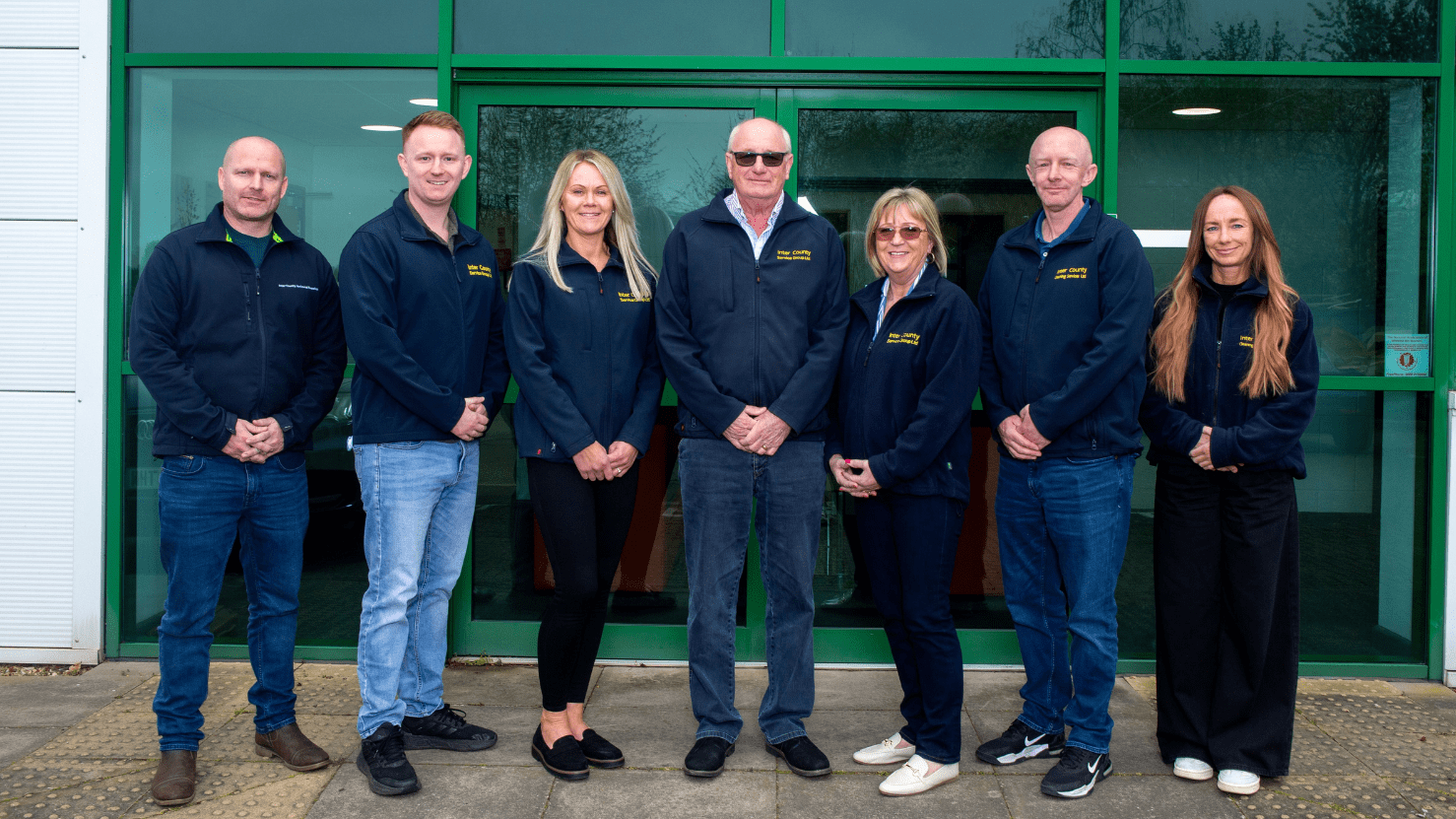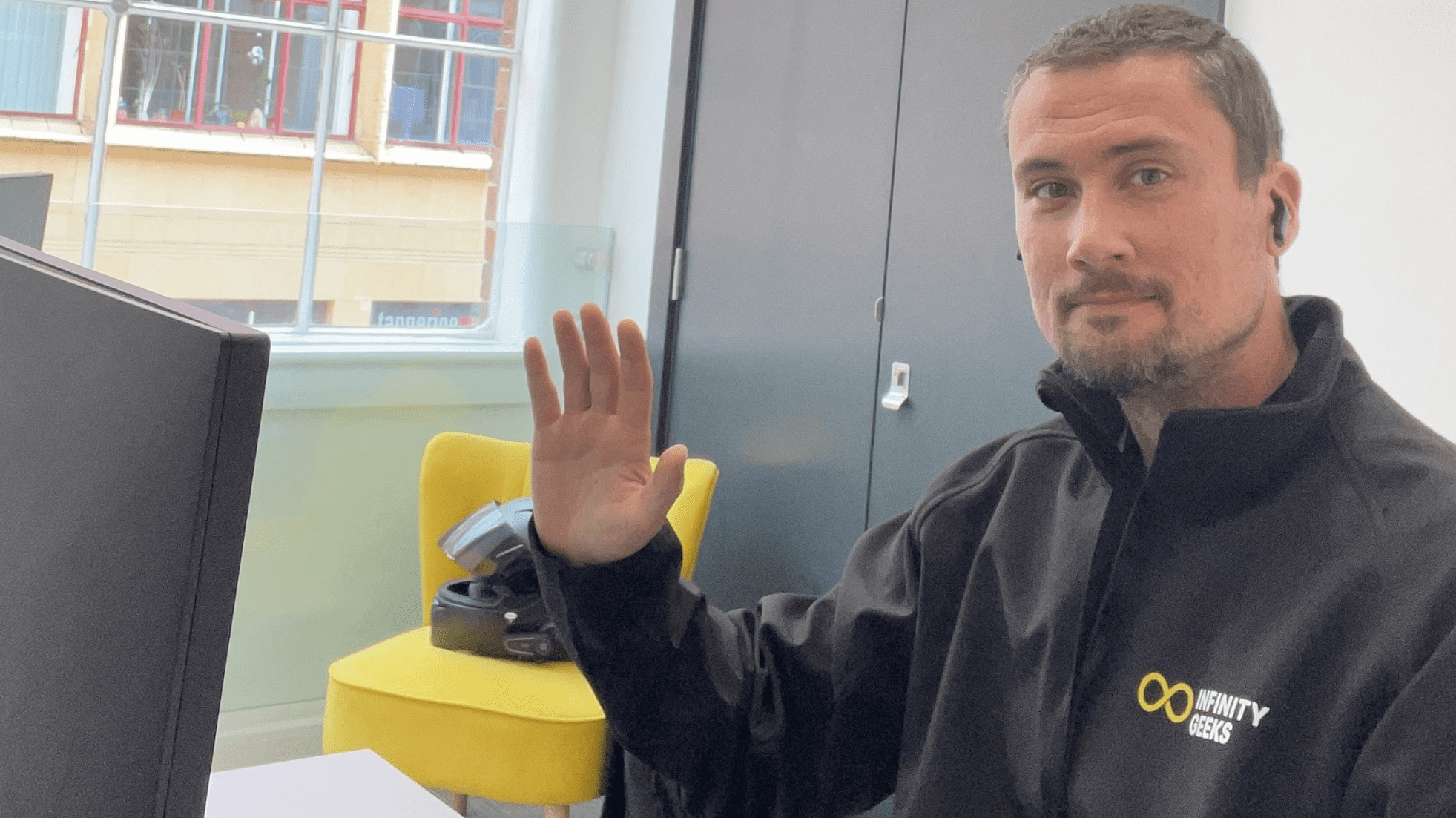From rising tariffs and shifting trade policies to environmental disasters and geopolitical tensions, global supply chains are facing a near-constant state of disruption. For UK businesses, these aren’t abstract concerns – they’re daily realities that affect everything from shipping costs to stock availability and customer satisfaction.
In this climate, traditional, siloed logistics models are beginning to show their limitations. Companies are finding that relying on a fragmented chain of providers leaves them exposed to delays, cost overruns and blind spots. Instead, many are turning toward integrated logistics solutions – end-to-end supply chain models that offer greater control, visibility and resilience.

“Whether it’s new tariffs in the US, instability in the Red Sea, or evolving customs regulations, these events send ripple effects across supply chains almost immediately,” said Ian Brunt, General Manager at Dachser UK’s Northampton branch. “Businesses can’t afford to react slowly. That’s why integration – linking transport, warehousing, customs and global forwarding into one ecosystem – has become so important.”
Dachser UK has positioned itself as a key player in this shift. The company offers a tightly integrated service portfolio that includes export groupage to Europe via one of the continent’s most robust groupage networks, contract logistics warehousing, and global air and sea forwarding. This model allows customers to manage their supply chains through a single point of contact, with consistent quality control across all stages.
One clear example of this in action is Smart Border Connect by Dachser, a solution developed in response to the complexities of post-Brexit trade. While Brexit is no longer dominating headlines, the changes it triggered continue to affect the way UK businesses operate in Europe. Smart Border Connect helps companies bypass many of the pain points by streamlining customs procedures and integrating them directly into Dachser’s European transport network – maintaining a fast, reliable service across the Channel.
But Brexit is just one part of a wider story. As trade routes shift, capacity tightens, and customer expectations increase, businesses are under pressure to build flexibility into their logistics strategy. That’s where integration becomes a real differentiator – not just a buzzword.
“Integration doesn’t just mean we can move goods efficiently,” said Ian. “It means we can shift volumes between road, air and sea when disruptions hit. It means we can use our warehousing network to buffer uncertainty. And it means we can help customers reconfigure their supply chains at speed to meet whatever the market demands next.”

This adaptability is particularly valuable for companies that export to multiple markets or operate across several product categories. By combining transport and warehousing with customs and visibility tools, Dachser enables clients to adjust stock positions, reroute shipments, or ramp up supply to meet sudden spikes in demand.
At the heart of Dachser’s model is its own-office European network, which allows the company to maintain tight control over operations, provide real-time updates, and ensure service consistency. Its warehousing sites – both in the UK and across Europe – are designed to work seamlessly with its transport infrastructure, offering value-added services such as picking, packing and inventory management.
In the UK, Dachser has recently expanded its capabilities with the addition of a new 112,000 square foot contract logistics facility in Northampton. This investment reflects the company’s ongoing commitment to scaling its operations to meet customer demand – while maintaining the agility that integrated logistics requires.
And while the logistics sector as a whole is grappling with challenges like decarbonisation, talent shortages and digital transformation, Dachser is actively investing in each of these areas. Whether through low-emission transport pilots, workforce development, or enhanced digital platforms, the company is preparing itself – and its customers – for the future of logistics.
For businesses seeking not just a supplier but a strategic logistics partner, this integrated approach offers more than operational efficiency – it offers peace of mind. With the volatility of today’s global trade environment, the ability to pivot quickly, stay visible, and maintain service continuity has become a must-have.
“The days of fixed, rigid supply chains are over,” added Ian. “What companies need now is a dynamic logistics partner – one that’s as interconnected and adaptable as the world they’re doing business in.”
In a landscape defined by disruption, integration may just be the most reliable path forward. And for UK companies navigating the crosswinds of international trade, it’s a model that’s no longer optional – it’s essential.
Find out more about Dachser UK by visiting their website here.



















